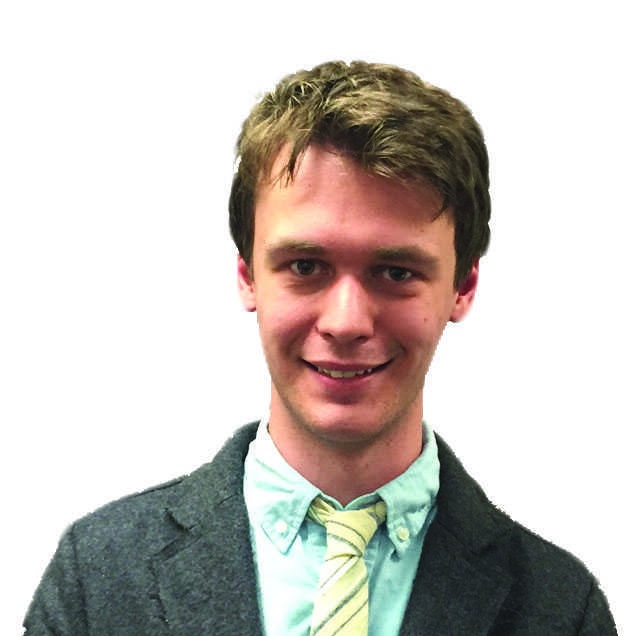Daly: Some responses to the Paris attacks are misguided
November 15, 2015
Paris has been my home since late August and will be my home until December because I study at a French university through a Northwestern program. France has invited me into the buzz of its cities, the language of its culture and the lives of its people. On Friday my temporary home came under assault, as several orchestrated terrorist attacks left 132 dead and hundreds wounded. The details are sickening. Two suicide bombers blew themselves up near a French stadium. Gunmen mowed down civilians at a concert. French President François Hollande has condemned the attacks as “an act of war.”
These events come on the heels of a Russian airliner exploding midair over the Sinai Peninsula, killing everyone onboard the aircraft, in late October. Two suicide bombers killed 43 people and wounded more than 200 in Beirut on Thursday. Explosions in Baghdad killed 26 and wounded 61 at a Shiite memorial service on Thursday. ISIS has been implicated, either directly by its own admission (in the case of Baghdad and the plane crash) or indirectly through mounting evidence suggesting its ties to the other attacks (a suspect has claimed ISIS was involved in Beirut).
These shockwaves have spread across international borders. On Saturday, Poland announced it was withdrawing from the European Union’s refugee plan as a result of the Paris attacks, and given that one militant entered Leros as a refugee according to the Greek government, perhaps it won’t be the last. The migrant crisis can only worsen further.
And yet, widespread attention seems to focus on the politicizing of the French national tragedy. Newt Gingrich used the opportunity to call on Twitter for concealed carry laws for firearms. Bill Maher has used the opportunity to again express his distaste for the idea of intervention. Republican presidential candidate Ben Carson has suggested that the U.S. should refuse refugees for the sake of national security. It is an opportunity pundits and politicians are scavenging to exploit, some having done so before the death count had been totaled and confirmed.
What Frank Bruni calls “the exploitation of Paris” has taken on other forms as well. The oft-repeated implication taking shape across social media and some editorial websites that solidarity with France comes at the expense of solidarity with others is frustrating and troublesome. It comes from a place of anger and a place of empathy, but the politicalization of slaughtering trails closely behind, as problematic for the right as it is for the left. And it is grossly misguided.
Perhaps we should be cautious in our rush to comparison, if, indeed, we should be making them at all. Because it doesn’t seem that drawing bridges between terrorism is for the purpose of developing a foreign policy. Perhaps, just perhaps, we shouldn’t rush to assume those who have expressed their condolences to France and the death in Paris have forgotten the lives of countless others.
You may very well say, “Open your eyes beyond Europe!” And I would urge wholeheartedly that we should, particularly to the victims in Paris and to the migrants escaping the same terrorism we condemn. The safety of thousands has been threatened. The streets are empty in Paris. The fear is experienced together.
So when we think about Paris, let us think about the innocent who are now dead. Let us think about the migrants whose safety has been launched immediately into further risk as each day passes. Let us stand against those who have already begun demonizing Muslims for terrorist acts they would never commit. Let us play close attention to the problem at hand, watch attentively as it unfolds and keep our respects honest and checked. But let us do it with respect for those affected in Paris. There is no progress to be made in comparing incidents, hoping to further attention by inadvertently exploiting and trivializing another when the opportunity presents itself. Attention, at the moment, is directed toward Paris. It is respectful and understandable that our attentions are aimed there.
As the French military mobilizes and walks the streets of France’s capital, it is becoming a bullhorn for the right and the left. This will not change minds. And it will not heal.
Alex Daly is a Weinberg junior. He can be reached at [email protected]. If you would like to respond publicly to this column, send a Letter to the Editor to [email protected].
The views expressed in this piece do not necessarily reflect the views of all staff members of The Daily Northwestern.


